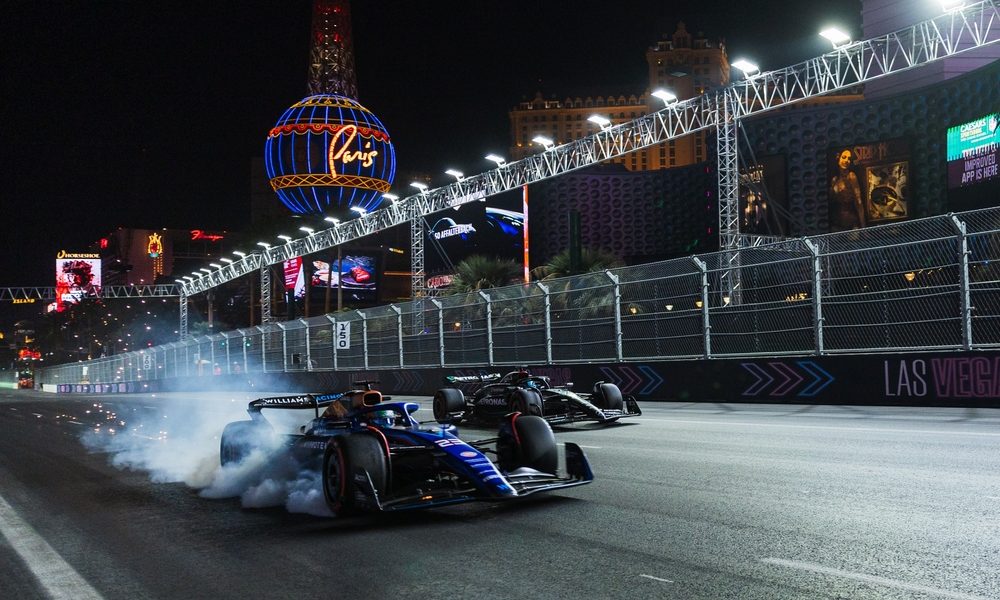J.P. Morgan analyst Joseph Greff ratcheted down his fourth-quarter Las Vegas Strip cash-flow projection from Caesars Entertainment.
The revision was announced in a January 2 investor note, in which Greff lowered his price target on CZR shares from $58 to $57. Shares were trading at $33.42 at the time of the report.
Greff reduced his prediction from $499 million to $485 million, which would be essentially flat with the $489 million recorded in Q4 of 2023. The review was predicated on modest declines in gambling volume, “relatively normal” table game hold of 22 percent, and lower margins.
The analyst ascribed these negative phenomena to a Las Vegas Grand Prix turnout that was lower than its inaugural run in November 2023. “We suspect December on the Las Vegas Strip was at least decent,” he added.
Online sports betting (OSB) occasioned a lower return on investment for Caesars Digital, revised to $26 million from a previous $51 million. Greff noted that favored teams tended to win in December, as well as covering their spreads.
Two factors favored bettors over Caesars. Greff theorized that this bettor-friendly phenomenon wasn’t isolated to Caesars and would be a recurring theme of forthcoming earnings calls among OSB operators.
Bright spots for Caesars were its new casino in Danville, Virginia, and the newly rebranded Caesars New Orleans. Their performances were considered sufficiently buoyant to sustain a $408 million cash-flow projection for the company’s other regional properties, regardless of performance.
The Morgan analyst stood by a prediction of over $1.86 billion in Strip-derived cash flow for Caesars, although he shaved $10 million off a $1.82 billion forecast for the regional casinos. His prediction of a $354 million digital return on investment also remained the same.
Expected corporate expenses were winched up $20 million to $190 million for the upcoming year, while interest expense was anticipated to be lower, $756 million instead of a previously thought $800 million. Corporate indebtedness was theorized to be down from December’s 4.9 times cash flow to 3.9 times by the end of 2025. Asset sales were cited as contributing to the diminution of debt.
Greff summarized that Caesars “possesses underappreciated free cash flow generation and leverage-reducing characteristics that are not reflected in its valuation multiple. That said, we see more downside risk to stubbornly high consensus estimates than upside, without a full appreciation for slowing top line growth and the ensuing margin impact.”
The analyst followed that warning by saying that early 2025 performance comparisons would be difficult and that the dynamics for upside to the share price weren’t great. That being the case, Greff found the valuation of Caesars less than demanding.
Describing Caesars’s shares as “solid medium-term risk/reward,” Greff concluded by asserting that their value overrode a lack of near-future catalysts in Las Vegas for casino operators in general. He added, “We don’t see a great dynamic to be massively negative for any period of time either.”


